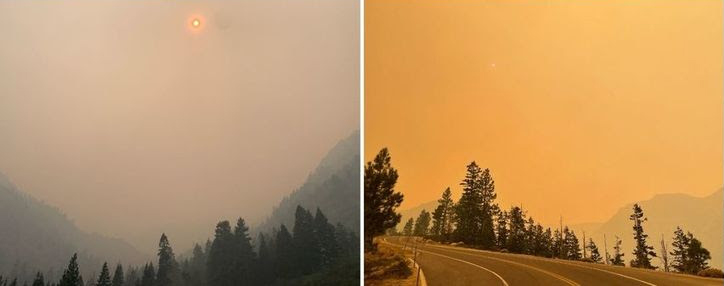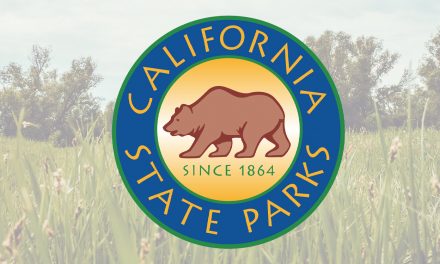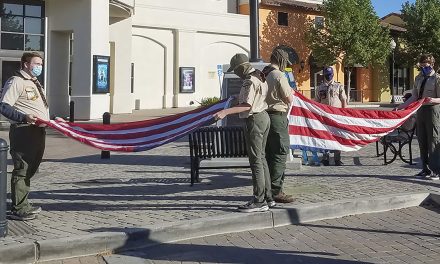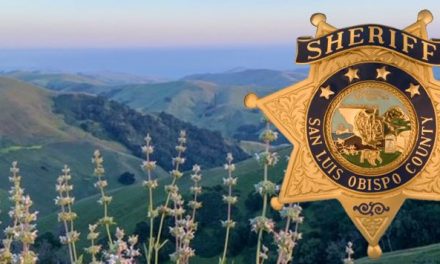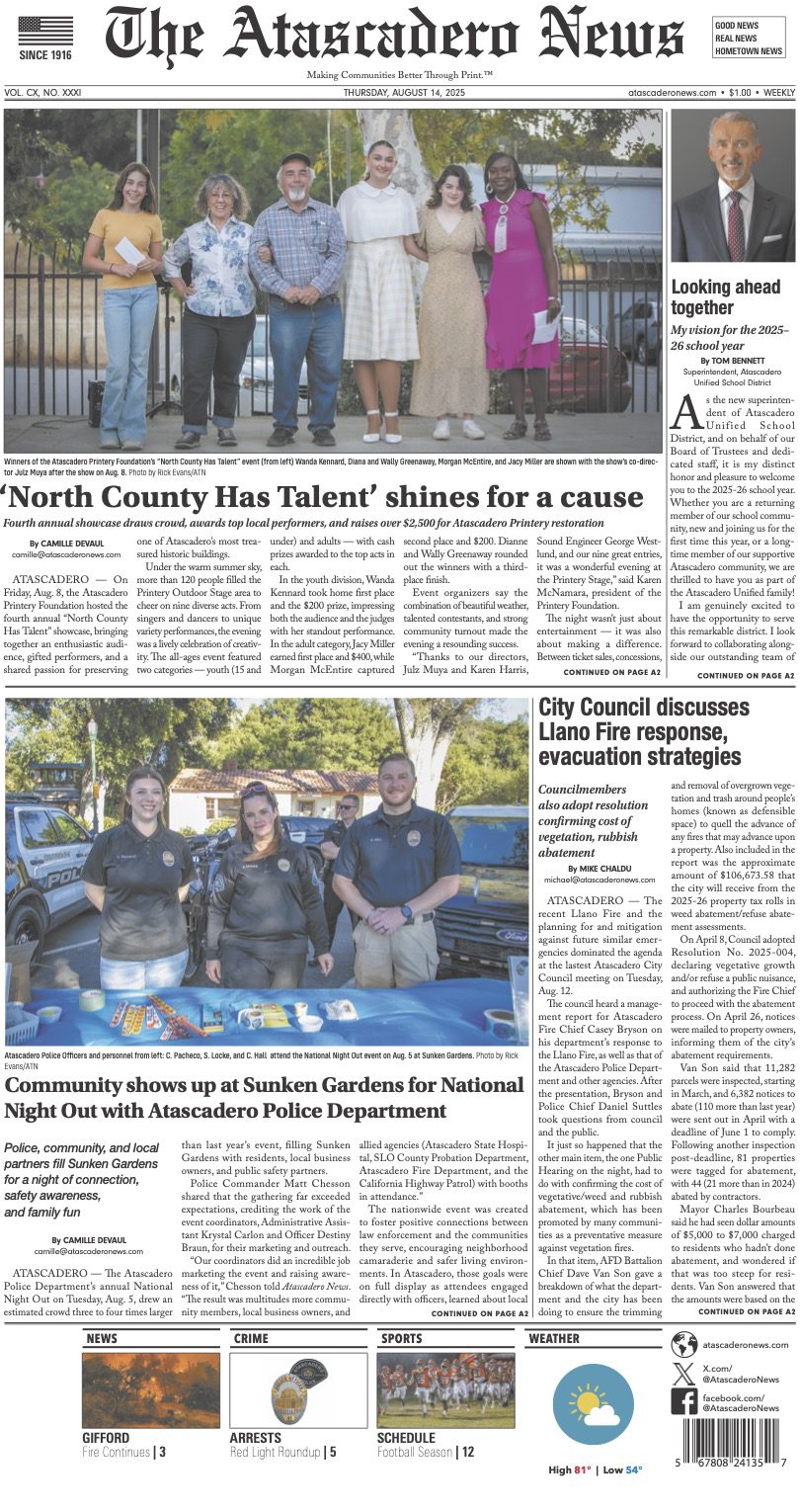CALIFORNIA — In what has become the norm, unfortunately, California State Parks is facing another busy wildfire season this summer. Working closely with Cal OES, CAL FIRE and other public safety agencies, the department continues to actively monitor and evaluate fire conditions and park closures when needed. State Parks’ Department Operations Center (DOC) has been activated and is conducting calls to keep districts statewide informed of the wildfires’ impacts and provide resources to impacted parks.
Park Impacts
As of Friday, Aug. 27, State Parks has a total of seven park units fully closed and three partially closed from the current wildfires. The biggest concern right now is the Caldor Fire burning in El Dorado County, which is creating significant impacts and threatening the Lake Tahoe Basin. As of Friday evening, the Caldor Fire, which began Aug. 14 near Grizzly Flats, has burned more than 143,000 acres and is 12 percent contained. The fire has forced many local communities to evacuate and shut down Highway 50 from Sly Park Road in Pollock Pines to Myers, near the Highway 89 junction.
Here is the latest on parks impacted:
- Due to hazardous air quality and in an effort to reduce traffic and visitation in the area, the department closed Donner Memorial State Park (SP), D.L. Bliss SP, Ed Z’berg Sugar Pine Point SP, Emerald Bay SP and Tahoe State Recreation Area until further notice.
- Indian Grinding Rock State Historic Park was temporarily closed but has since reopened its day use. However, camping remains closed until further notice.
- In Tuolumne County, the Washington Fire temporarily closed Railtown 1897 State Historic Park on Thursday, but the park reopened on Friday.
- In Trinity County, museum artifacts have also been evacuated as a precaution at Weaverville Joss House State Historic Park due to the Monument and McFarland Fires. (More on this in the story below.) The temple and visitor center had already been previously closed due to the pandemic. The exterior grounds are open to the public, but the community continues to experience heavy smoke conditions.
- Northern Buttes District is also closely monitoring the Dixie Fire, which is the largest fire burning in California, at more than 750,000 acres burned and 46 percent contained as of Friday evening.
- In Shasta County, Ahjumawi Lava Springs State Park is not on fire but is closed out of precaution due to the Dixie Fire.
- In the North Coast Redwoods District, Howland Hill Road is closed at the west gate (adjacent to Crescent City) to Boy Scout Tree Trail at Jedediah Smith Redwoods State Park due to the Antelope Fire.
- Grover Hot Springs State Park in Alpine County remains closed until further notice due to damage from the Tamarack Fire.
The latest information on park closures can be found at parks.ca.gov/incidents.
Wildfire Safety Tips
Newly launched this week is our webpage on wildfire safety tips. You can find tips while hiking on trails or in the backcountry and links to useful information, and also learn what to do if trapped in a wildfire while on foot. Visit the State Parks webpage at parks.ca.gov/
Wildfire Numbers
As of Friday, Aug. 27, CAL FIRE says there are more than 15,000 personnel battling 14 active large wildfires that have burned a total of more than 1.6 million acres. For the latest on the wildfire incidents, please visit CAL FIRE’s webpage: fire.ca.gov/incidents/.
Air Quality
If you live or work anywhere near one of the wildfires burning, you already know the air quality remains unhealthy and in some areas, hazardous. If possible, keep outdoor activities short and consider moving physical activities indoors or rescheduling them. To check the Air Quality Index (AQI) in your area, visit airnow.gov.

